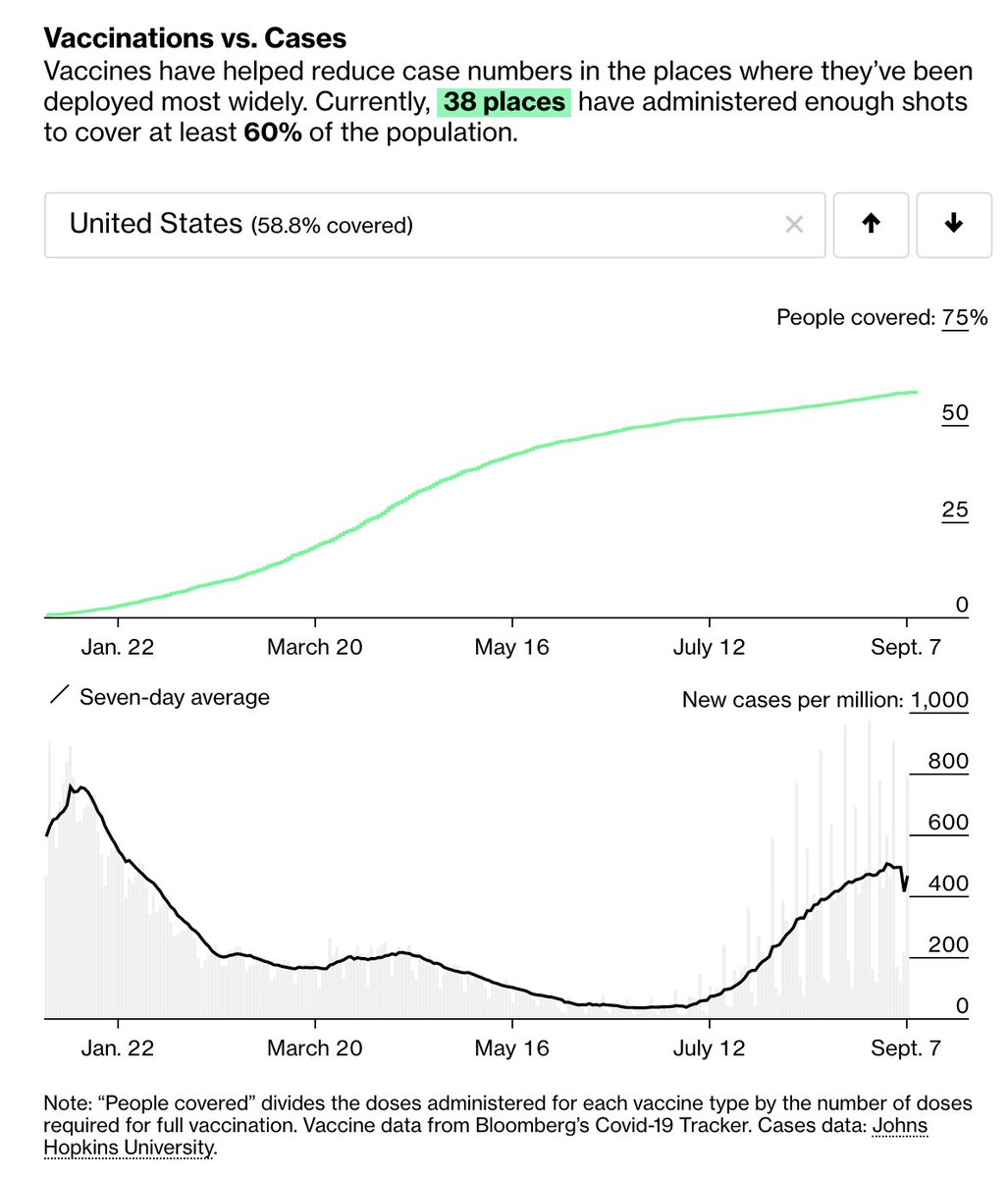
General Electric is ending a century as a massive conglomerate by splitting into 3 parts.
It is front-page news. Lots of events led to this, but you may not be familiar with some of the more nefarious issues that caused GE to stumble, then collapse.
A thread.
1/
It is front-page news. Lots of events led to this, but you may not be familiar with some of the more nefarious issues that caused GE to stumble, then collapse.
A thread.
1/
Its history:
The company was a household name practically since it was founded by Thomas Edison in the 19th century. It was a key member of all major indices, including the Dow Jones Industrials
bloomberg.com/graphics/2019-…
2/
The company was a household name practically since it was founded by Thomas Edison in the 19th century. It was a key member of all major indices, including the Dow Jones Industrials
bloomberg.com/graphics/2019-…
2/
GE began the 21st century as the most valuable conglomerate in America. The architect of this success was Jack Welch, often described as the best CEO of the 20th century.
I suspect he wasn't.
wsj.com/articles/the-e…
3/
I suspect he wasn't.
wsj.com/articles/the-e…
3/
Welch grew GE into a banking(!) titan with a peak market value of $594B in 2000.
But GE's track record of years of fantastic earnings turned out to be false. GE restated its earnings in 2005 + was fined by the SEC $50 million for accounting fraud in 2009.
4/
But GE's track record of years of fantastic earnings turned out to be false. GE restated its earnings in 2005 + was fined by the SEC $50 million for accounting fraud in 2009.
4/
GE, it turned out, had been cooking the books for years, using GE Capital to "magically" beat by a penny every quarter.
Welch began as CEO in 1981 + left in 2000. Was he unaware of this fraud? Did he help to create it? He surely was the beneficiary of it.
5/
Welch began as CEO in 1981 + left in 2000. Was he unaware of this fraud? Did he help to create it? He surely was the beneficiary of it.
5/
Welch was a PR master, skillfully working the press. He regularly appeared on GE-owned CNBC in the 1990s, touting GE’s stock. It was an obvious conflict of interest that he flouted regularly.
The result was a staid industrial old firm trading at lofty tech stock multiples.
6/
The result was a staid industrial old firm trading at lofty tech stock multiples.
6/
Without Welch's "magic" closer scrutiny soon followed.
It was unflattering: Restatements, fines, weak earnings, slowing growth rate, high P/E.
He left behind a ticking time bomb. A post-Welch collapse was arguably inevitable.
7/
It was unflattering: Restatements, fines, weak earnings, slowing growth rate, high P/E.
He left behind a ticking time bomb. A post-Welch collapse was arguably inevitable.
7/

His successor Jeff Immelt couldn't manage profits the same way.
Those smooth quarters under Welch turned out to be based on accounting fraud. Earnings returned to more normal volatility after Welch left. Earnings, not the 2000 crash, were the issue.
ritholtz.com/2012/10/ges-ja…
8/
Those smooth quarters under Welch turned out to be based on accounting fraud. Earnings returned to more normal volatility after Welch left. Earnings, not the 2000 crash, were the issue.
ritholtz.com/2012/10/ges-ja…
8/

You can see the managed profits of GE Capital 2003 versus the rest of the conglomerate circa 2021.
wsj.com/articles/the-e…
9/
wsj.com/articles/the-e…
9/

As outgoing CEO, Welch did not set up his successor to succeed.
I asked Jeff Immelt as much in our conversation. He was very generous to Welch, refusing to throw him under the bus.
ritholtz.com/2021/03/mib-je…
10/
I asked Jeff Immelt as much in our conversation. He was very generous to Welch, refusing to throw him under the bus.
ritholtz.com/2021/03/mib-je…
10/
When Welch accused Obama's BLS of cooking the books in a Payrolls report, it was not his finest moment. (BLS data was consistent w/recovery gains)
Welch was projecting his own willingness to engage in accounting fraud onto a political opponent.
ritholtz.com/2012/10/ges-ja…
11/
Welch was projecting his own willingness to engage in accounting fraud onto a political opponent.
ritholtz.com/2012/10/ges-ja…
11/
We cannot blame the most recent GE disaster -- $200M penalty for misleading investors on its earnings in its power and insurance businesses -- on Welch.
But it does reflect a corporate culture he created.
reuters.com/article/us-ge-…
12/
But it does reflect a corporate culture he created.
reuters.com/article/us-ge-…
12/
Welch had more than just lucky timing: During his tenure, GE’s revenue grew 385%, but the company’s market value rose 4,000%.
That was great for 1990s shareholders, but disastrous for anyone who owned GE post-2,000.
ritholtz.com/2017/06/ge-ceo…
13/
That was great for 1990s shareholders, but disastrous for anyone who owned GE post-2,000.
ritholtz.com/2017/06/ge-ceo…
13/
The bottom line:
We need to rethink the narrative of Welch's tenure at GE. Today, he looks less and less like America's best CEO.
/END
We need to rethink the narrative of Welch's tenure at GE. Today, he looks less and less like America's best CEO.
/END
• • •
Missing some Tweet in this thread? You can try to
force a refresh














